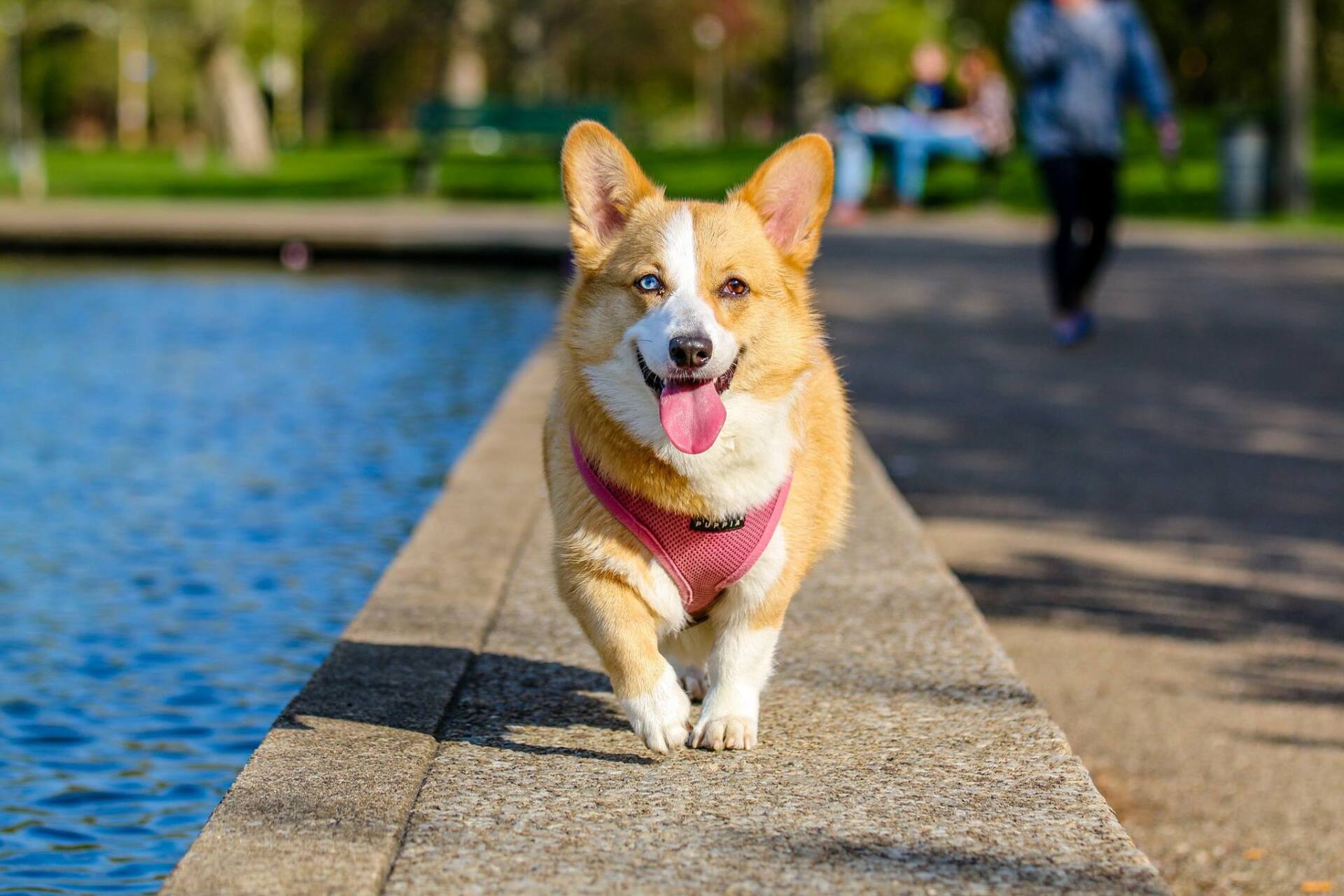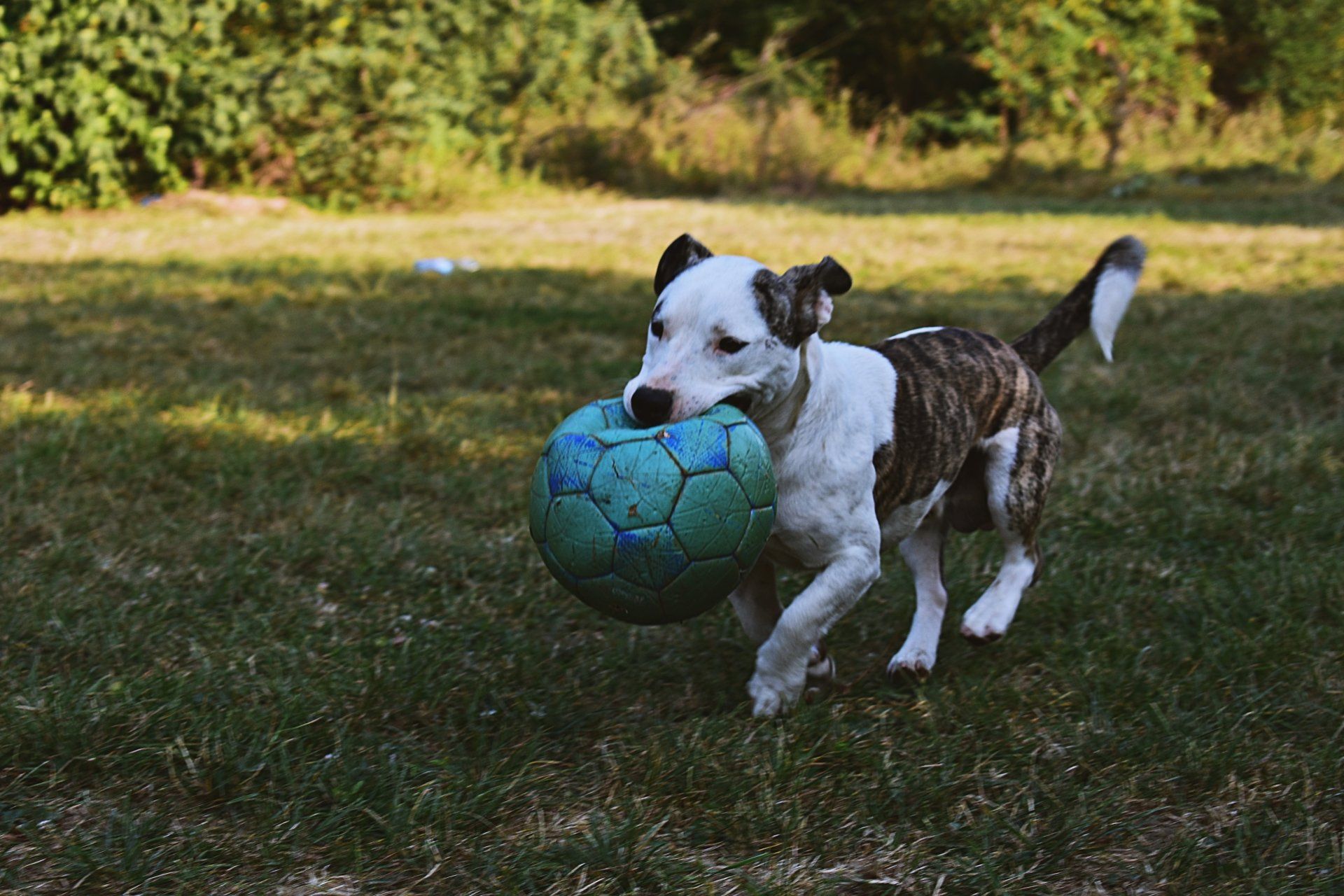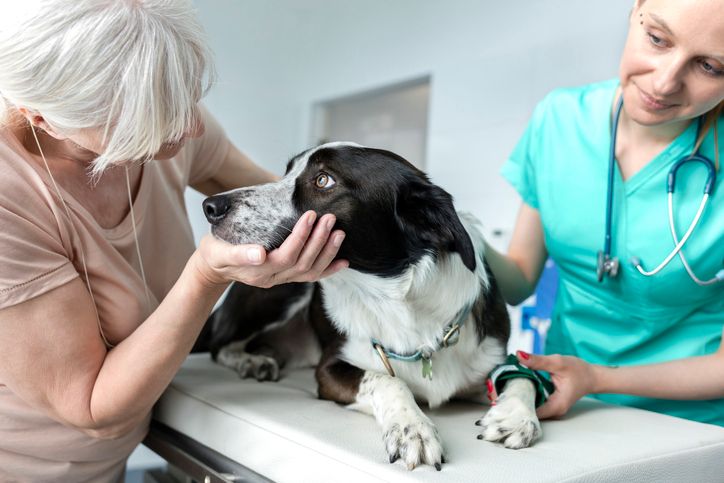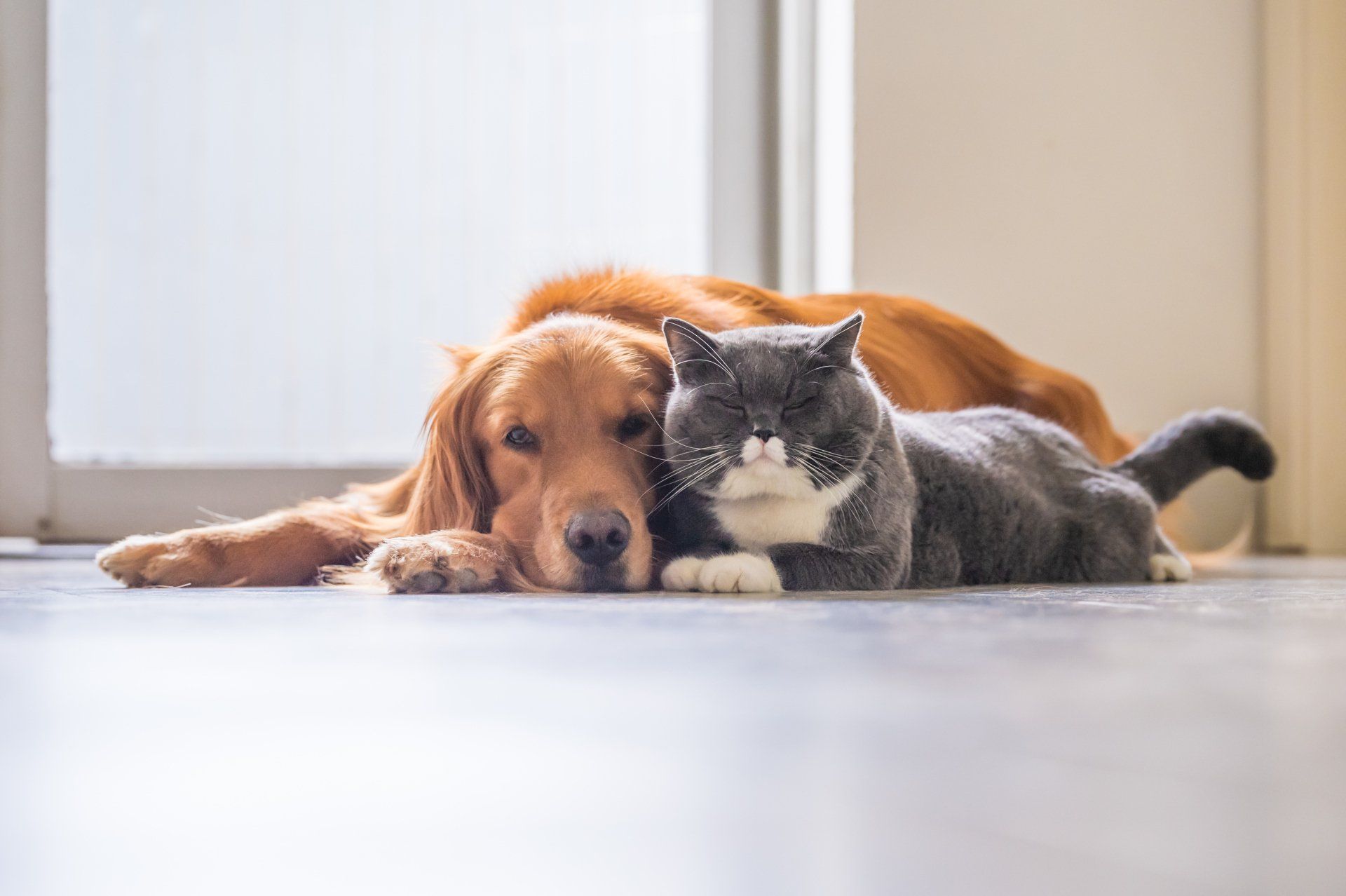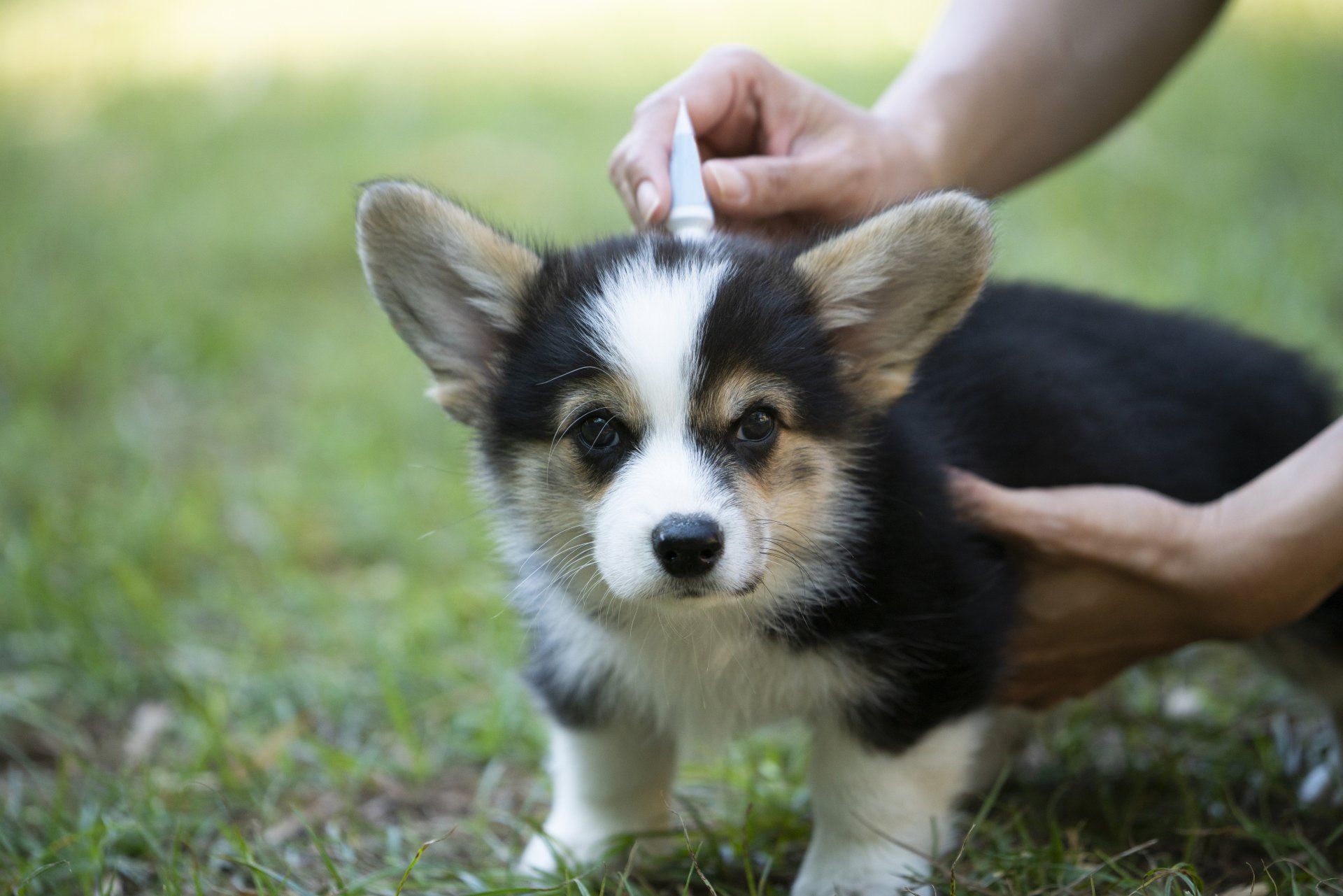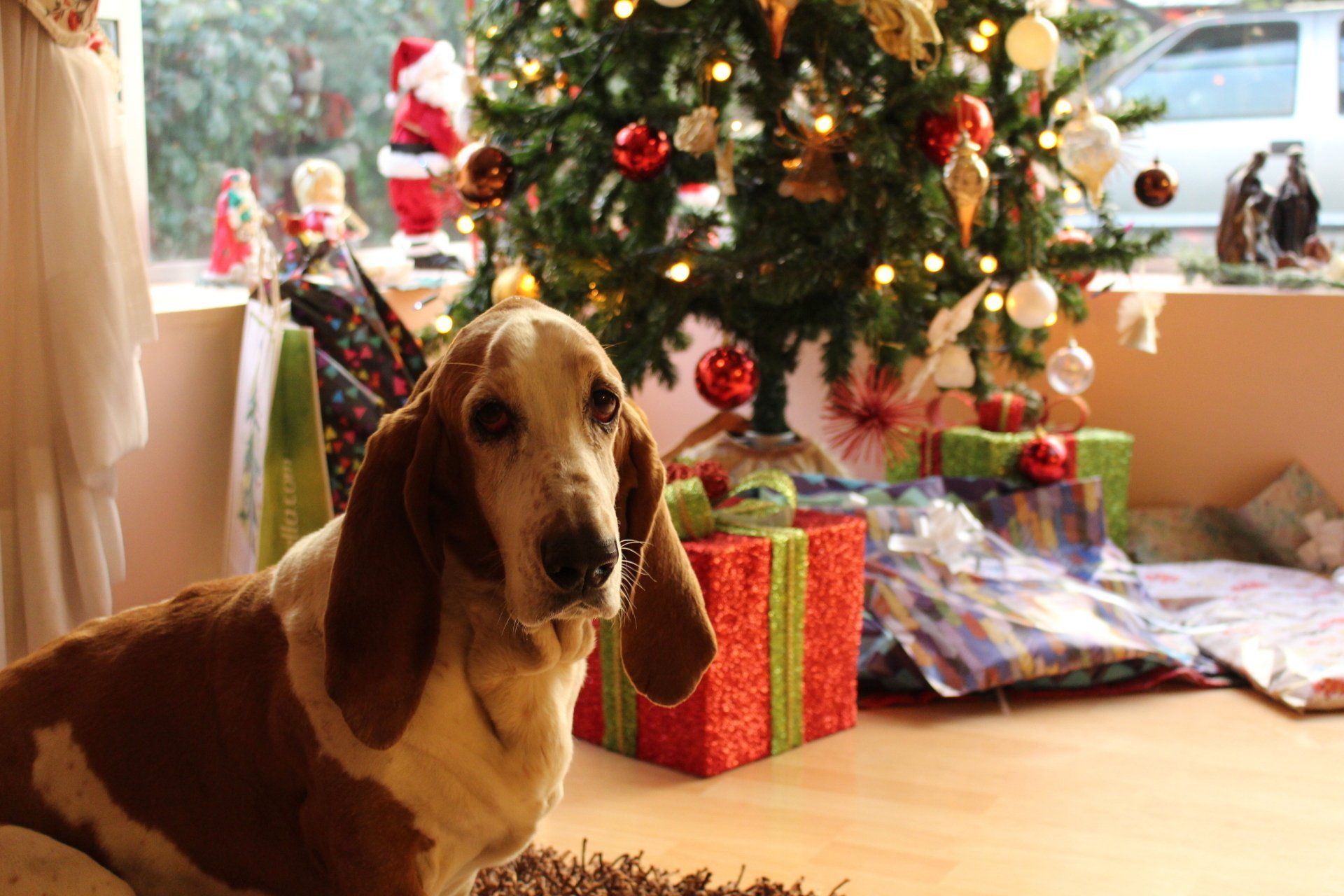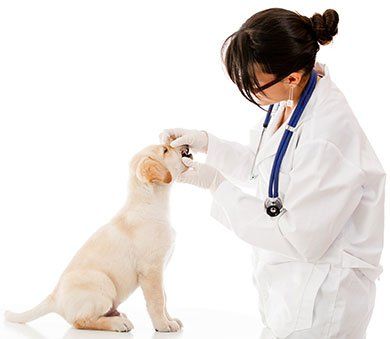PLEASE CALL FOR AN APPOINTMENT
Walk Ins Still Welcome
(910) 980-0692
The Importance Of Having Your Indoor Pet Vaccinated
Learn more about why it is important to have your indoor pets vaccinated.
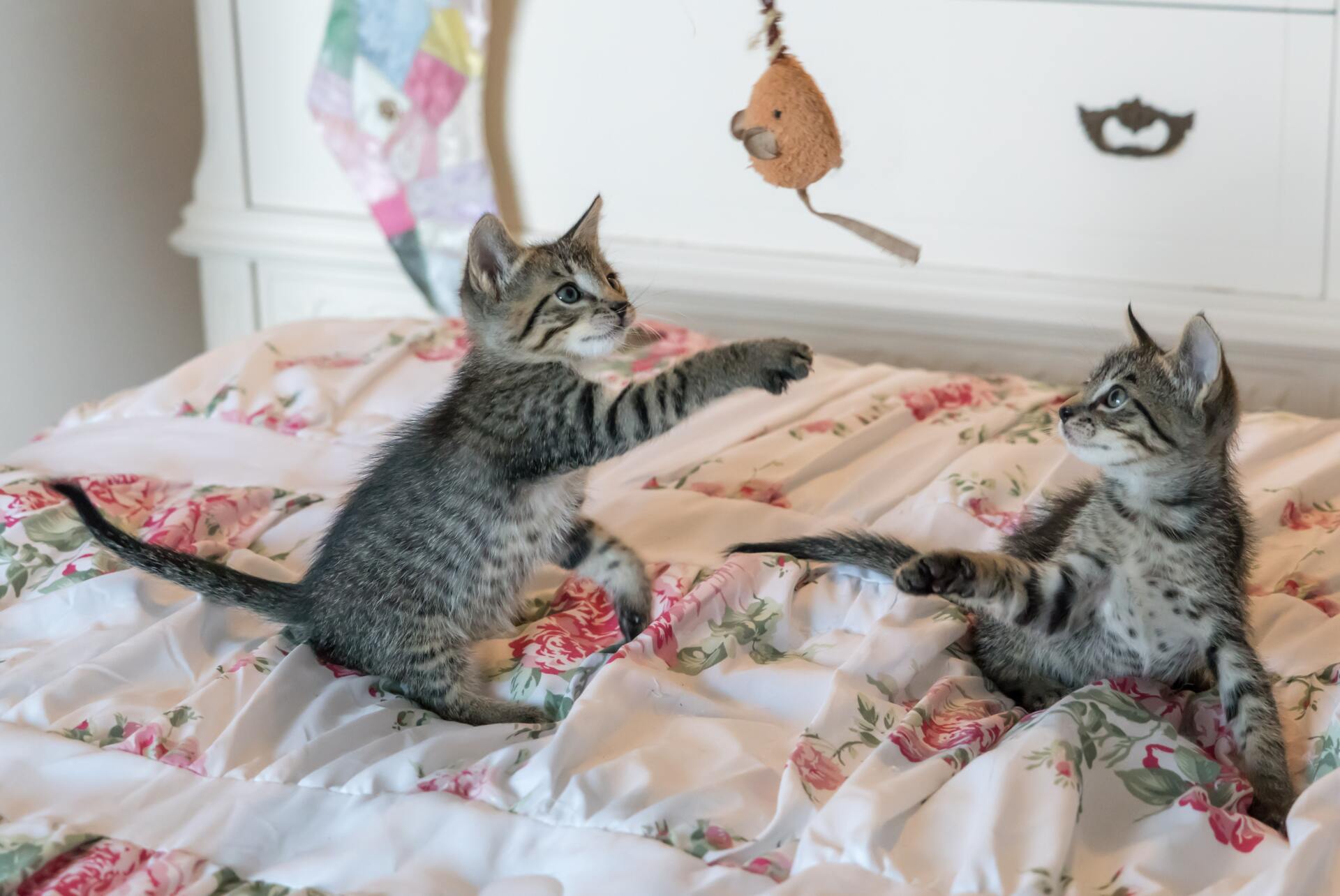
While we may assume that our indoor pets are protected against many viruses and diseases, as they spend so much time indoors, this isn’t always the case. It is extremely important to make sure your indoor animals receive regular vaccinations to prevent potential illnesses and avoid expensive vet bills down the line.
Some of the reasons it is so important to make sure your indoor pets receive the right vaccinations include:
● It’s a law in many states. In some states, including North Carolina, you are actually required to vaccinate your pets, especially cats, dogs, and ferrets, regardless of whether they live outdoors or indoors.
● You want to make sure your animal is protected in case they run into an animal that isn’t vaccinated. Unfortunately, sometimes our pets can escape our homes and even run away. If this were to happen, your animal could come in contact with a stray who has contracted some form of disease or illness. If your pet is vaccinated, you won’t have to worry about them potentially contracting a disease or illness.
● You can actually bring diseases into your home unknowingly. A pet can quickly become ill from a virus or disease that was brought in unknowingly by a member of the home. However, you don’t have to worry about what could potentially be brought into your home if your pet is vaccinated, as they will be less likely to contract a virus or illness.
● Your animal could contract an illness while at a kennel. If you go out of town regularly and rely on a kennel or animal boarding business to look after your pet while you are away, then you’ll definitely want to make sure your pet is vaccinated. They will come into contact with a ton of other animals during their time at a kennel or boarding facility, and you never want to worry about them contracting an illness like canine influenza. If you plan on leaving your animal at one of these facilities, you’ll definitely want to have them vaccinated beforehand.
● You will also be protecting yourself and the members of your home. As much as we love our pets, we would hate to become sick because of something they have contracted. It is important to have your pet vaccinated to ensure the safety and wellbeing of the other members of the home.
● A vaccination can save you time and money down the line. The whole point of getting your pet vaccinated is to prevent them from getting sick. Should your pet be unvaccinated and get extremely ill, you’ll likely have to take them to the vet to receive expensive treatment. By having your pet vaccinated, you won’t have to worry as much about their health or expensive trips to the animal hospital.
If you have questions about pet vaccinations or want to set up an appointment to have your pet vaccinated, please give us at Vetcare for Pets Animal Hospital a call today. Our knowledgeable staff will recommend the right vaccinations to protect your pet. Contact our staff today to learn more.
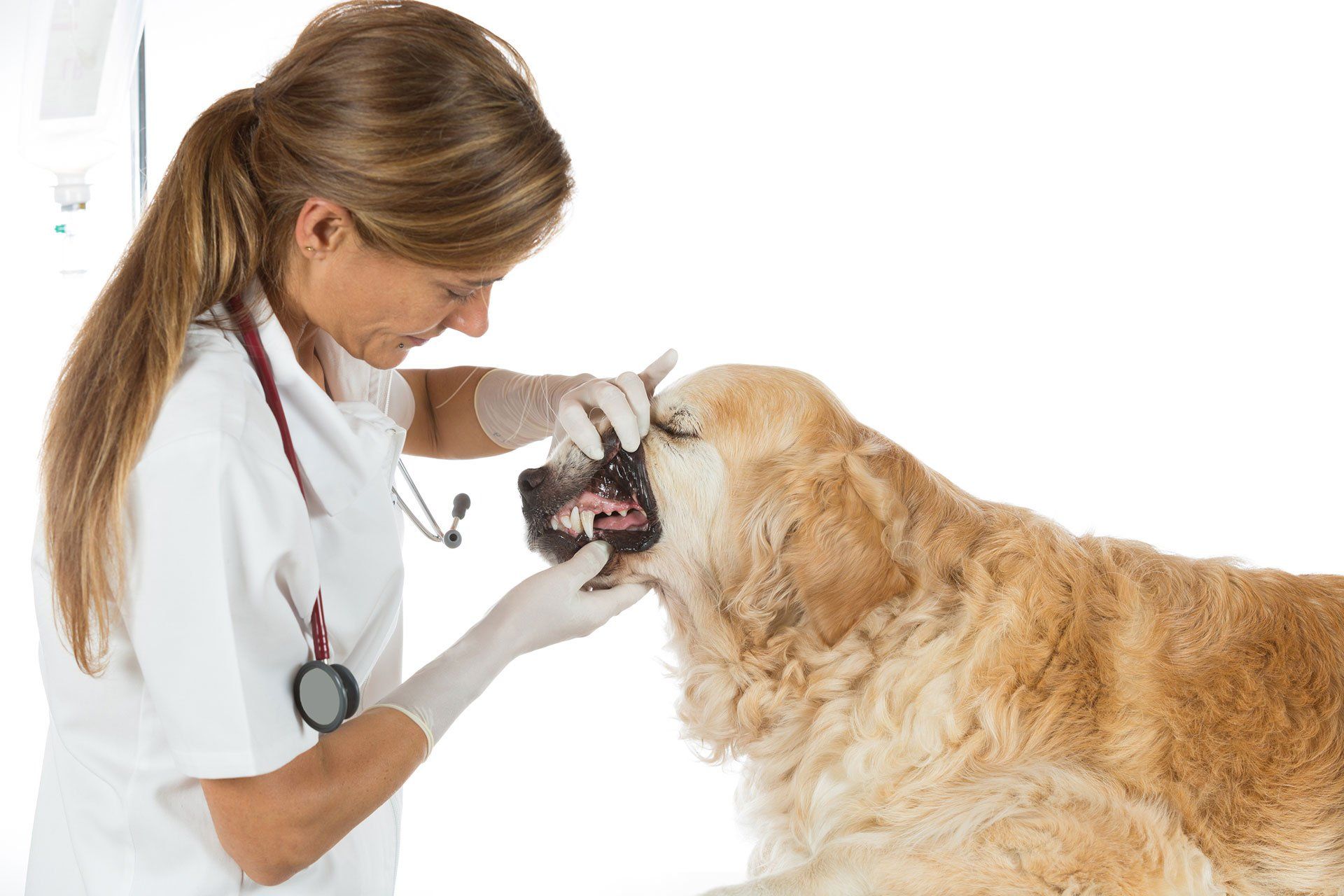
Vetcare for Pets Animal Hospital
1165 East Cumberland St
Dunn, NC 28334
(910) 980-0692
Follow Us
New Hours: M-TH 8a-5p, F 8a-7p, SAT 8a-2p, SUN -CLOSED
Dunn, NC | Fayetteville, NC | Smithfield, NC | Benson, NC | Clinton, NC


